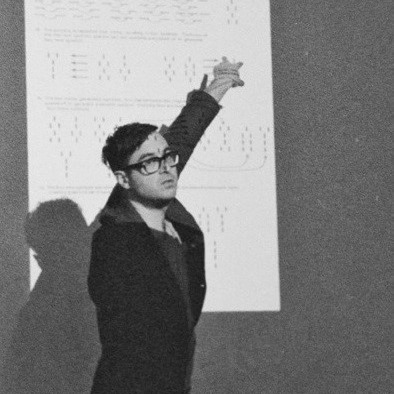"POSTHUMAN AESTHETICS" ONLINE COURSE PREVIEW 5: (DIS)EMBODIMENT and (IM)MATERIALITY
This is a preview of one of the lectures from our open online course Posthuman Aesthetics.

Lecture 5, (DIS)EMBODIMENT and (IM)MATERIALITY, engages with current debates in culture, philosophy, and the field of artificial intelligence concerning the material conditions of mind, the functional basis of intelligence and consciousness, and delves specifically into with question of whether (and if so how) sentience requires embodiment.
The posthuman has been conceptualized in several ways. “Transhumanists” and “technological singularity” theorists often believe that human intelligence will eventually transcend corporeality, while “critical posthumanists” and authors such as N. Katherine Hayles argue that embodiment and materiality are central to the question of the human future.
Several mainstream cultural artefacts have recently explored such issues to various degrees of clarity and rigour. For instance, we will look at the decidedly different perspectives on the question of embodiment explored in such films as Transcendence (2014) and Her (2013) on the one hand, wherein an artificial mind evolves in the absence of a specific body, versus films such as Ex Machina (2015) or Chappie (2015) on the other hand, where the material (if robotic) body’s role is central to the development of the artificial mind in question. We will see how the discrepancy between cultural perspectives on these issues mirrors competing theories in the field of artificial intelligence as well as in philosophy of mind. In this case, the films respectively refer to a long lasting debate between symbolic or “top-down” approaches—sometimes referred to as “good old-fashioned AI”—and more “bottom-up” embodied cognition approaches.
Exploring the history of these ideas through the lens of various cultural products, we will illuminate some key issues in philosophy of mind and artificial intelligence, and consider their viability in assessing the various possibilities that now challenge our conception of the human being, its biological basis, and its material condition.
